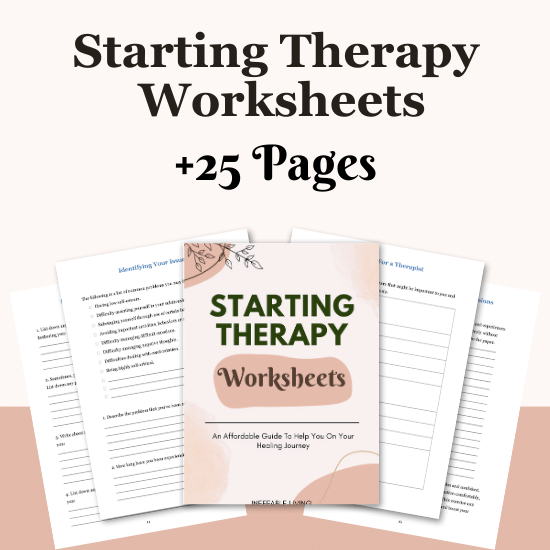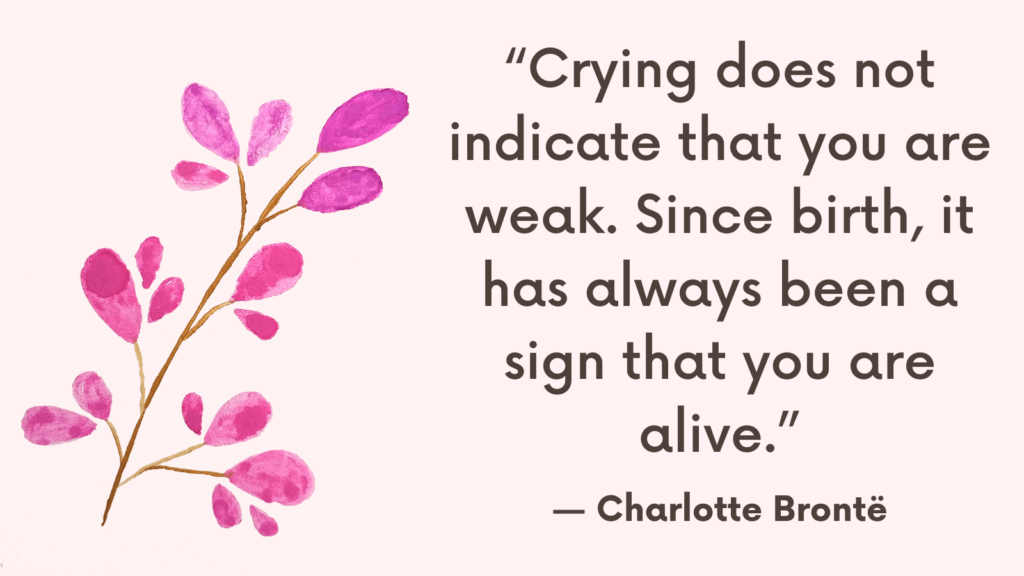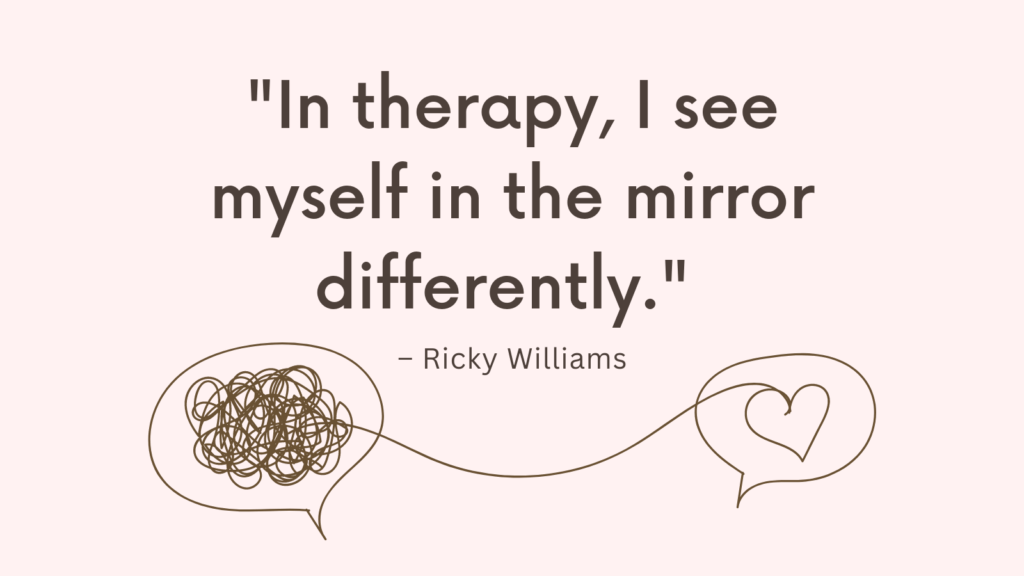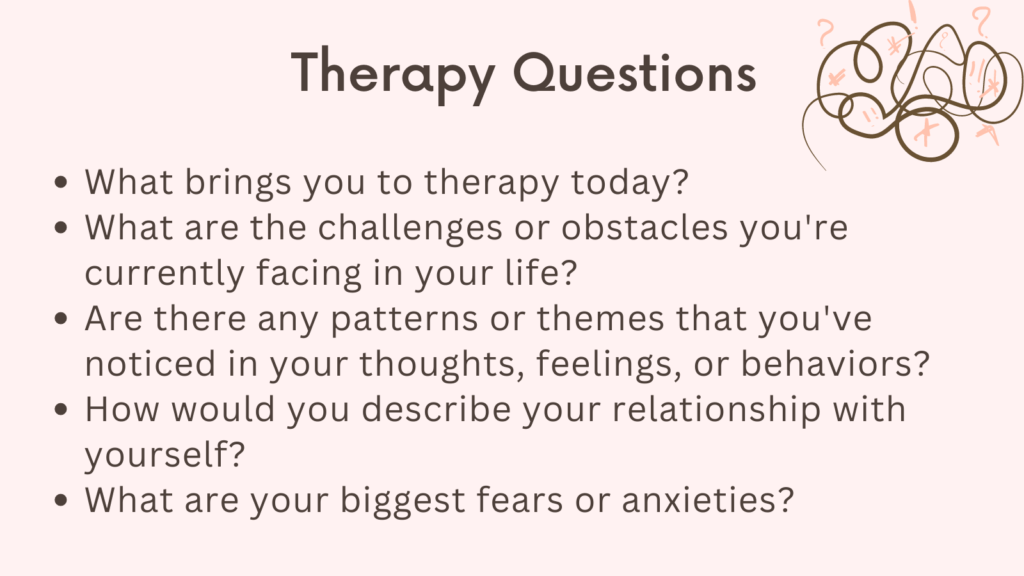Therapy is a unique and often challenging experience.
Imagine sitting down with a stranger and discussing your most private thoughts and experiences.
It’s a daunting prospect, made even more complicated by the fact that it’s crucial for the process to work effectively.
Therapists are bound by strict confidentiality, meaning they legally cannot share what you tell them without risking their professional license.
This secure environment encourages honesty, but there are still some things best avoided during your sessions.
Here are a few things you should refrain from telling your therapist, along with some insights on how to navigate these situations more constructively.
Why What You Say in Therapy Matters
Therapy Is a Partnership
You’re not just venting — you’re co-creating a space of healing. What you bring shapes what you receive.
Words Can Be Walls
Sometimes, what we say is meant to protect us from vulnerability. Sarcasm, deflection, or performative honesty can create emotional distance.
Therapy Is a Limited Container
There’s only so much time and energy in each session. Choosing what not to focus on is as important as choosing what to explore.
Things to Avoid Telling Your Therapist
1. Lies
Lying to your therapist is counterproductive.
It hampers the effectiveness of therapy and can significantly slow down your progress.
Despite the fear of judgment or abandonment that might drive the impulse to lie, it’s important to remember that therapists are trained to provide a non-judgmental space.
If you find yourself wanting to lie, try acknowledging these feelings with your therapist.
Discussing the urge to lie without delving into the details can be a useful starting point.
It allows you to explore the underlying reasons for your defensiveness, which can be a critical part of your therapeutic journey.
Related: Best 40 Therapeutic Journal Prompts
2. Pretending to Be Doing Better Than You Are
It’s not uncommon for clients to downplay their struggles, often out of a desire to appear more successful in their therapeutic journey.
However, this can lead to wasted time and resources.
For instance, a therapist might continue with a treatment plan under the false impression that it’s working, while the client’s issues persist.
It’s crucial to be honest about your progress and setbacks.
Therapists expect and understand that everyone has good and bad days.
By sharing your true state, you enable your therapist to provide the appropriate support and adjustments to your treatment plan.
Related: How to Overcome Fear of Therapy?
3. Pretending to Be Worse Than You Are
Conversely, some clients might exaggerate their symptoms to maintain a certain level of attention and care from their therapist.
This tactic can backfire, as therapists might interpret the worsening symptoms as a sign that the current treatment isn’t sufficient, leading them to refer the client to a higher level of care or even another therapist.
It’s vital to communicate your actual experience to ensure you receive the appropriate level of support and avoid unnecessary changes in your care plan.
Related: What To Talk To Therapist About: Top 35 Topics
4. Saying the Therapy Is Working When It’s Not
Therapy is a collaborative process, and it’s essential to provide feedback about what’s working and what’s not.
If a particular strategy or piece of advice isn’t helping, let your therapist know.
This isn’t about criticizing the therapist but about tailoring the therapy to your unique needs.
If an assignment or suggested tool feels overwhelming or unsuitable, discuss it openly.
Good therapists don’t have egos about their techniques and are willing to adjust their approach based on your feedback.
However, it’s also important to consider if there’s a pattern of dismissing all suggestions, which might indicate resistance to the therapeutic process.
Related: How to Reach Out to a Therapist for the First Time?
5. Avoiding Discussing Certain Topics
Holding back on specific topics or avoiding discussing certain feelings can limit the effectiveness of therapy.
Sometimes, clients may feel embarrassed or ashamed about certain experiences and choose to keep them hidden.
However, therapy is a safe space designed to help you explore and resolve these issues.
By withholding information, you might prevent your therapist from fully understanding your situation and offering the most effective support.
If you find it difficult to talk about certain topics, let your therapist know, and they can help you approach these subjects gradually and sensitively.
Related: Top 10 Reasons To Go To Couples Therapy
6. Talking Only About Others
Focusing exclusively on others rather than your own thoughts, feelings, and behaviors can be a way to avoid dealing with personal issues.
While discussing relationships and interactions with others is important, therapy is ultimately about you.
If you find yourself constantly talking about others, try to reflect on how these interactions impact you and what they reveal about your own patterns and emotions.
Your therapist can guide you in shifting the focus back to your own experiences and personal growth.
Related: FREE CBT Triangle Worksheet PDF Download
7. Hiding Medication or Substance Use
Omitting information about your medication or substance use, whether it’s prescription, over-the-counter, or recreational, can be detrimental to your therapy.
These factors can significantly impact your mental health and the effectiveness of your treatment.
Being upfront about any substances you are using allows your therapist to provide appropriate guidance and adjustments to your therapy.
It’s crucial to be honest about your usage to ensure you receive the best possible care.

Conclusion
Navigating the complexities of therapy can be challenging, but understanding what to share and what to avoid can make the process smoother and more effective.
Remember that your therapist is there to help you, not to judge you.
By fostering an honest and open dialogue, you can work together to address your issues and achieve your therapeutic goals.
Therapy is a powerful tool for personal growth and healing, and your honesty is the key to unlocking its full potential.



